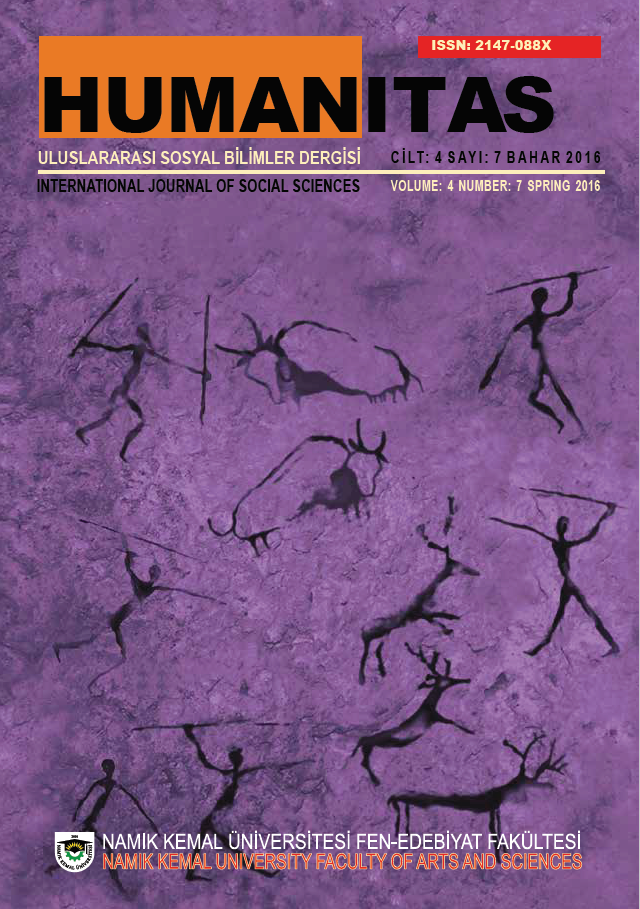ESKİ YUNAN VE ROMA’DA FİLOZOF SOFRALARI
EATING HABITS OF PHILOSOPHERS IN ANCIENT GREECE AND ROME
Author(s): Ali GüveloğluSubject(s): Social Sciences, Customs / Folklore, Ancient Philosphy, Sociology of Culture
Published by: Namık Kemal Üniversitesi Fen-Edebiyat Fakültesi
Keywords: Philosopher; Seneca; Socrates; Archestratos; Apicius; Food; Thought; Taste
Summary/Abstract: This paper concerning philosophers’ eating and drinking habits aims to analyze the relationship between thinkers and food. This subject is chosen to analyze how an inescapable fact, nutrition, was perceived by philosophers, what is the relationship between their world of thought and their eating habits, and how their followers were affected by their eating habit. Geographically speaking, this study is condensed into Classical Period Civilizations, namely, Ancient Greek and Rome. Information about the subject refers to The Lives and Opinions of Eminent Philosophers by Diogenes Laertios. From Socrates to Plato, Aristotle to Seneca, most of thinkers have similar nutrition habits. They were aware of luxury and pleasure, and of eating to live, not living to eat. It is understood that their followers had chosen rich meals instead of thinkers’ basic offers. We can understand this from the books of Archestratos and Apicius, and it is also seen in Classical Greek vases. The Athenian luxury food imports also prove this idea. In order to understand how such a socio-cultural organization as banquets turned into luxury consumption meetings, we have to analyze commerce and geographical expansions and check these writers’ books.
Journal: Humanitas - Uluslararası Sosyal Bilimler Dergisi
- Issue Year: 4/2016
- Issue No: 07
- Page Range: 265-281
- Page Count: 17
- Language: Turkish

